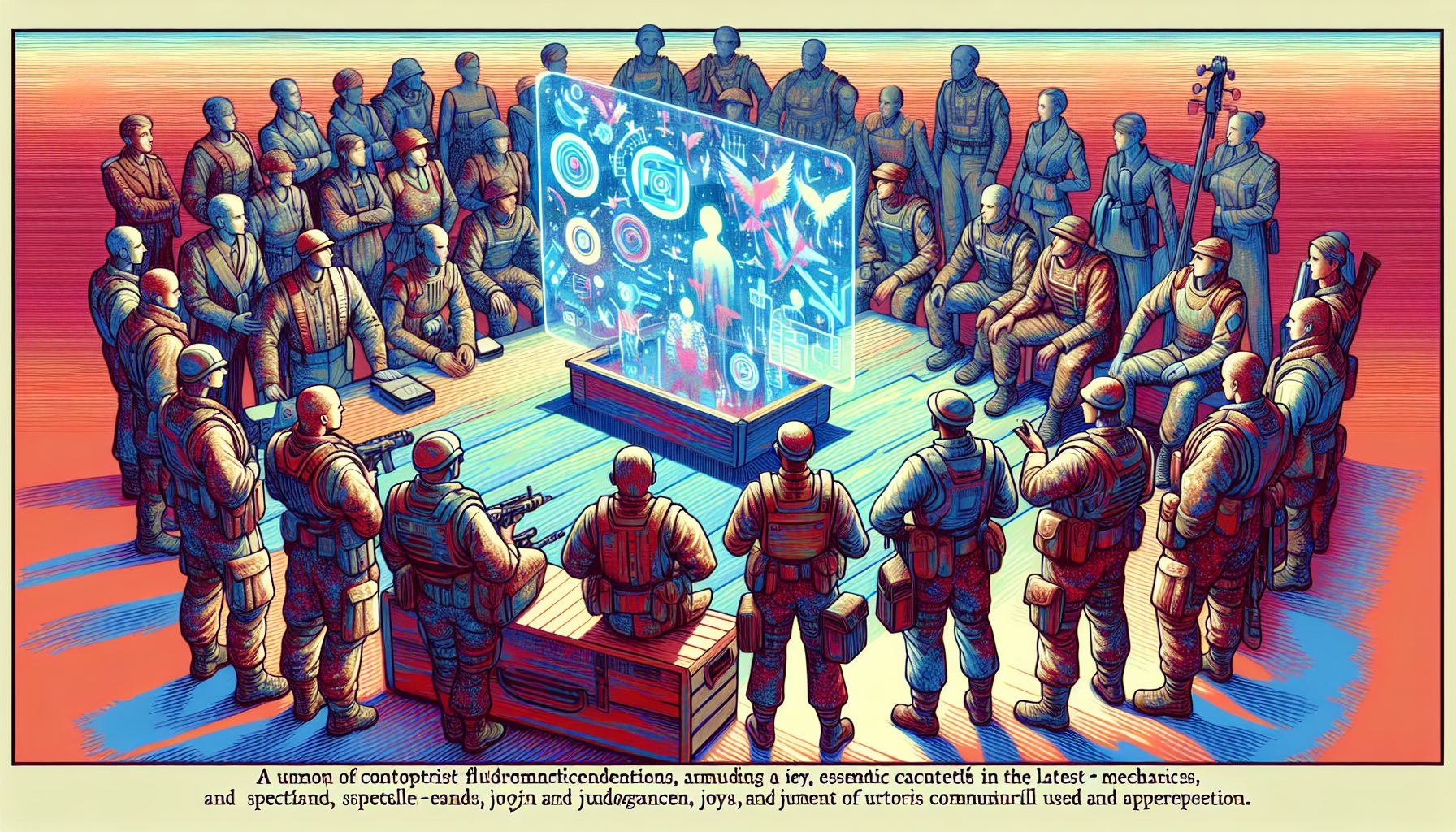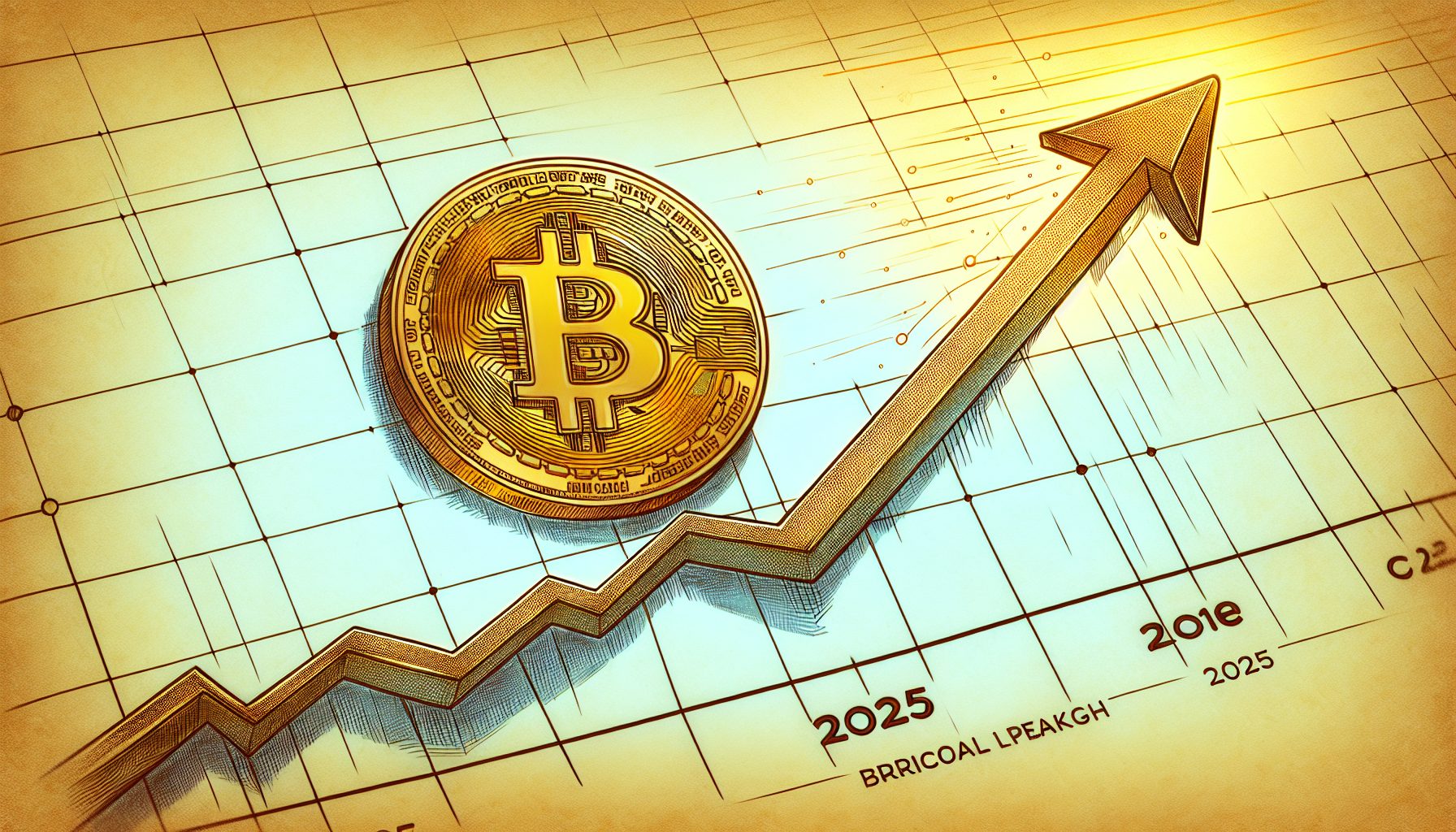NEW YORK/LONDON (Reuters) – Corporate results and outlooks worsened as government officials around the globe pressed efforts to bolster weakening economies, which claimed fresh victims from banks to retailers to manufacturers.
While use of the much-dreaded “R” word (recession) has been avoided by economists and government officials for the past months, officials acknowledged on Monday the severity of the current global crisis.
In Europe, the European Commission confirmed that the 15-nation euro zone was in a technical recession and economic growth would come to a virtual standstill next year, and called for coordinated action to prevent further collapse.
And in the United States, factory activity contracted sharply in October, falling to its lowest point in 26 years, according one widely watched index.
“Pretty grim. It means we’re in a recession. It’s as simple as that … a pretty solid manufacturing recession,” said Robert Macintosh, chief economist at Eaton Vance Corp. “The question is how long or deep is it going to be? Where is this group of economists that is charged with declaring a recession?
In addition, U.S. construction spending fell again in September on weaker private home building and public construction.
U.S. auto sales for October, expected to be lowest in two decades, began to trickle in at midday on Monday, with Ford Motor Co reporting a 30 percent drop in vehicle sales for the month.
In Jerusalem, Jeffrey Lacker, president of the Richmond Federal Reserve Bank, said the U.S. economy was contracting. Data last week showed it shrank at a 0.3 percent annual rate in the third quarter, its sharpest contraction in seven years.
“I think it’s definitely a recession at this point. How deep, how steep and long it’s going to be is uncertain,” said Lacker, who will become a voting member of the Fed’s interest rate-setting committee next year.
More evidence of troubles in the United States came from consumer electronics retailer Circuit City Inc, which said it is closing 155 stores and cutting jobs as liquidity problems deepened and vendors tightened credit terms.
While the economic upheaval continued to be the focus of markets worldwide, U.S. investors on Monday were bracing for Tuesday’s U.S. presidential election.
COMPANY BY COMPANY
Company results continued to look gloomy.
French bank Societe Generale reported an 83.7 percent drop in third-quarter net profit.
Net profit fell to 183 million euros ($234 million) with losses from the collapse of U.S. bank Lehman Brothers and other writedowns costing it 1.208 billion euros in pre-tax income.
Germany’s No. 2 bank, Commerzbank, said it would take an 8.2 billion euro capital injection from the state and another 15 billion to secure refinancing. It posted a third quarter net loss of 285 million euros.
Britain’s top home lender, HBOS Plc, raised its hit from the value of risky assets and bad loans to more than 5 billion pounds ($8.14 billion) as takeover partner Lloyds TSB predicted a sharp profit fall.
Lloyds stepped in to buy HBOS in a government-brokered deal after HBOS was hit by the crisis and concerns about its exposure to Britain’s weakening housing market.
In the United States, Midwest Banc Holdings Inc posted a $159.7 million third-quarter loss, and said it obtained preliminary approval to sell preferred stock to the U.S. Treasury in return for $85.5 million of capital.
Washington, Berlin, Paris and London have all offered to inject capital into their banks to prevent systemic meltdown.
French Prime Minister Francois Fillon was quoted by Le Figaro newspaper as saying that if banks did not use the money to lend to businesses, then the government could take direct stakes in them, as Britain has.
The credit crunch, which stemmed from a collapse in the U.S. housing market, has prompted banks to severely reduce lending to each other, businesses and households for more than a year now.
Interbank lending rates fell, extending last week’s decline, reflecting ongoing central bank efforts to add liquidity rather than banks lending to each other.
Banks deposited a record 280 billion euros with the European Central Bank on Monday rather than making it available to peers.








